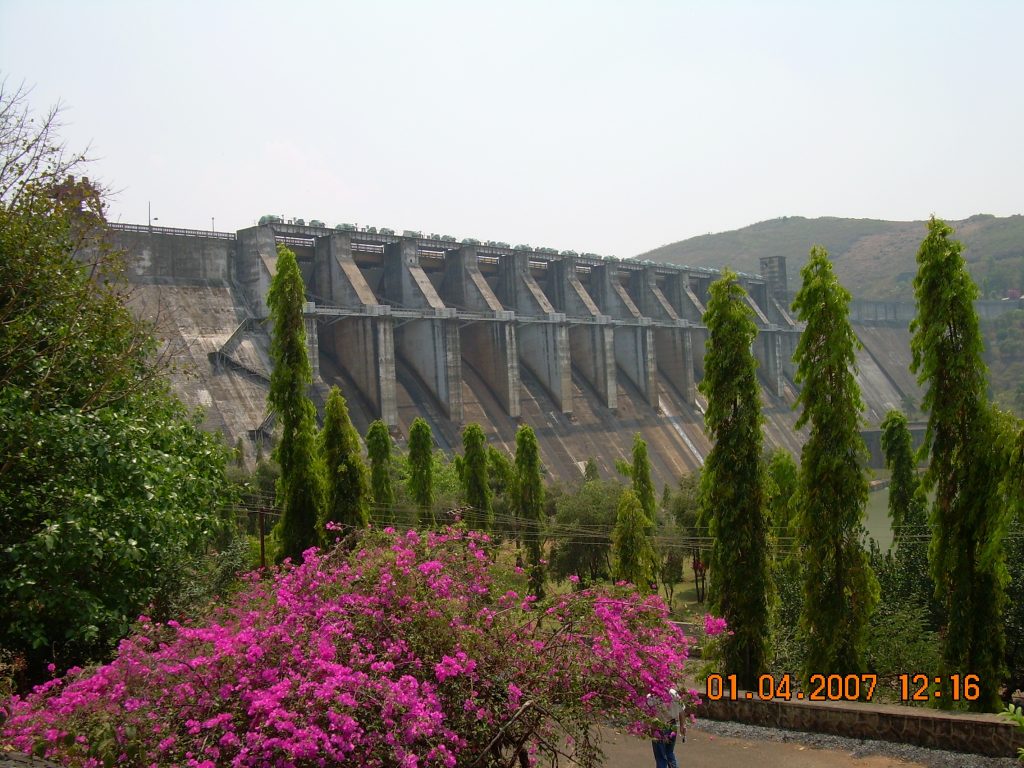Kendrapara: The National Human Rights Commission (NHRC) has decided to investigate the large scale displacement of people in Koraput district through its special rapporteur.
Acting on a petition filed by rights activist Radhakanta Tripathy, the NHRC decided to investigate the case in detail.
Challenging the report submitted by the state authority submitting that all possible steps have been taken by the state to ensure the rights of the affected people, Tripathy said the report went against ground realities.
Pointing out the fact that Koraput district was the worst affected in the country, he said that around 50 per cent of the district’s people were affected by various projects causing large scale displacement and consequent problems. Displaced people lose their land, Tripathy said.
The district administration worsens the situation further without holding RPDAC meetings of SLCRR regarding the large scale displacement. The report speaks about compliance in the affected area and tactfully avoids the plight of project affected people who have not been rehabilitated, he said.
The petitioner told the NHRC that he had personally visited areas where affected people had lost their legitimate land rights in the areas of Upper Kolab, Machkund projects, Jalaput and other areas.
Hundreds of HAL displaced people are still in physical possession of the land and have been living on it for decades. The displaced people in the Nalco case are also facing the same fate. The terms and conditions in the MoU signed between the company and the Government of Odisha have not been complied with in HAL and Nalco cases, the petitioner alleged.
Tripathy requested the NHRC to verify the MoU signed by HAL and Nalco with the Government of Odisha and the implementation status of human rights, ROR, rehabilitation, livelihood and details of RPDAC meetings, and its minutes in all the four cases mentioned above.
The petition also urged the NHRC to ensure safe drinking water, right to food under NFSA, primary education and healthcare facilities in the area, time bound implementation of the recommendations of the Commission and to submit details with documentary evidence before the Commission every quarter.
Most of the victims belong to poor ST and SC communities. No proper survey has been conducted by the government citing petty reasons like lack of staff, Tripathy said.
Thousands are suffering due to lack of livelihood and the bare necessities of life, and this leads to serious human rights violations. At times the victims are denied caste certificates or issued ambiguous certificates like Dulia-Paika, Dulia General, Dulia Paika etc. The PESA Act, Forest Rights Act, etc are not given importance by the authorities, Tripathy added.
